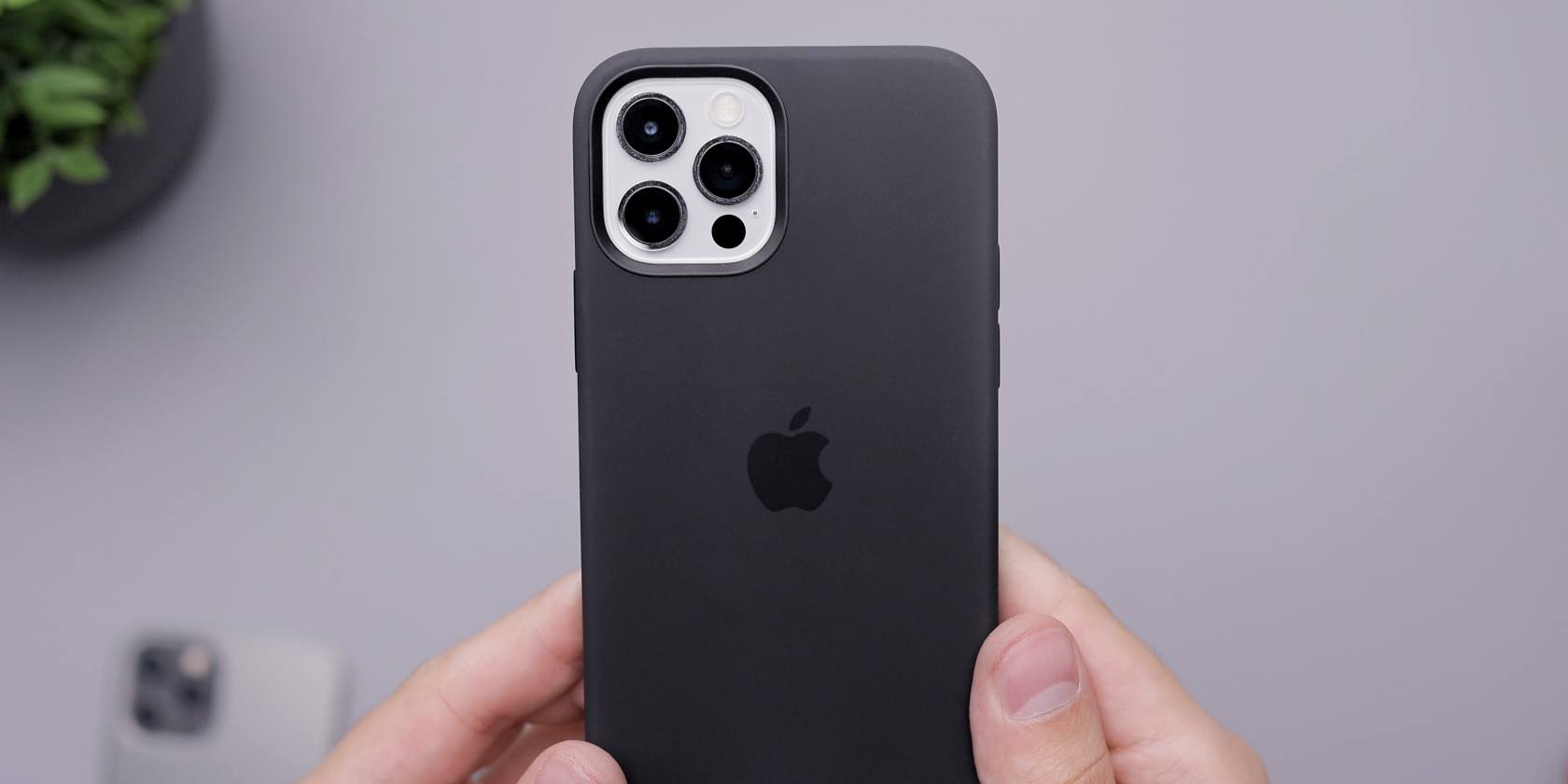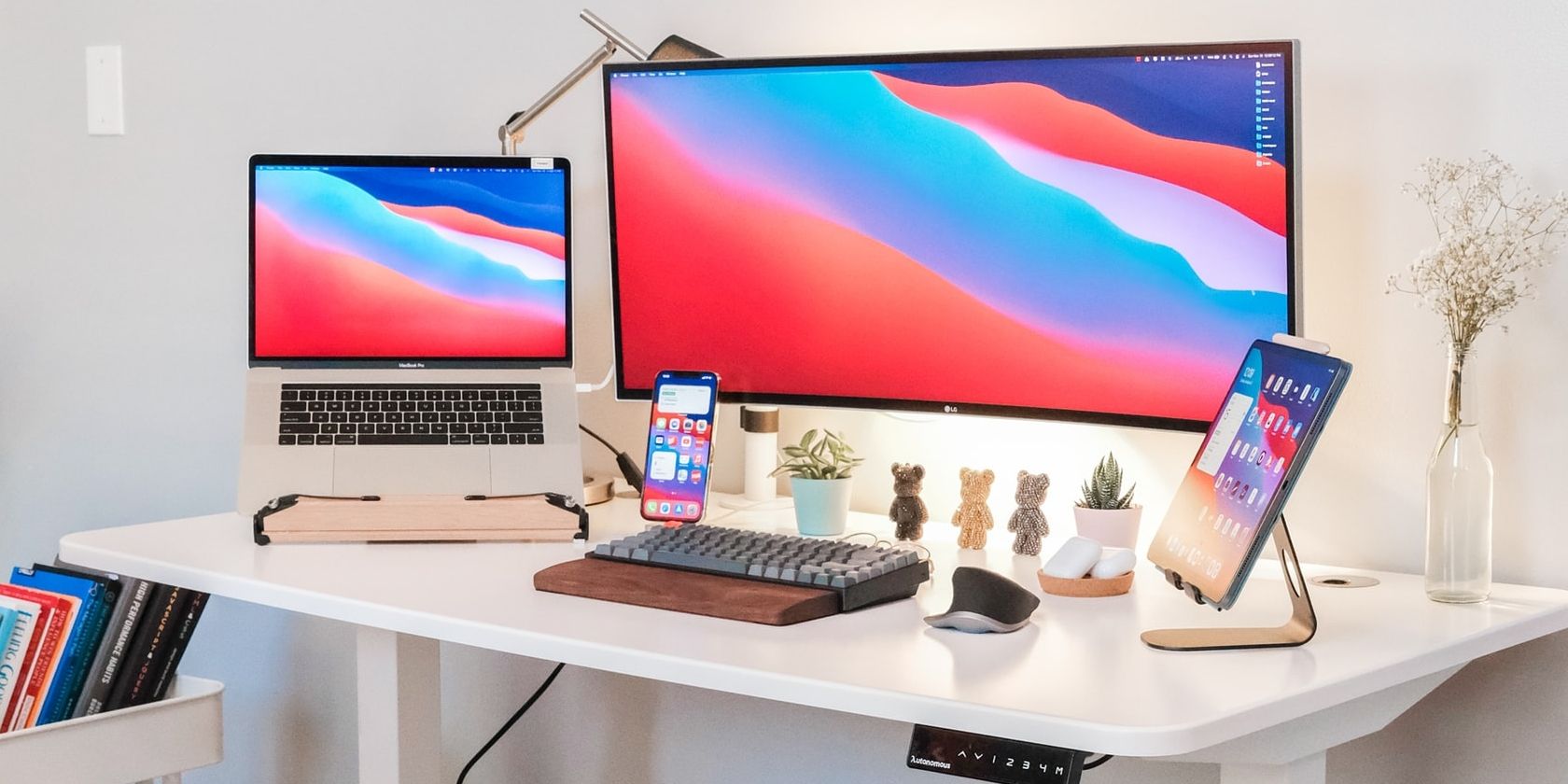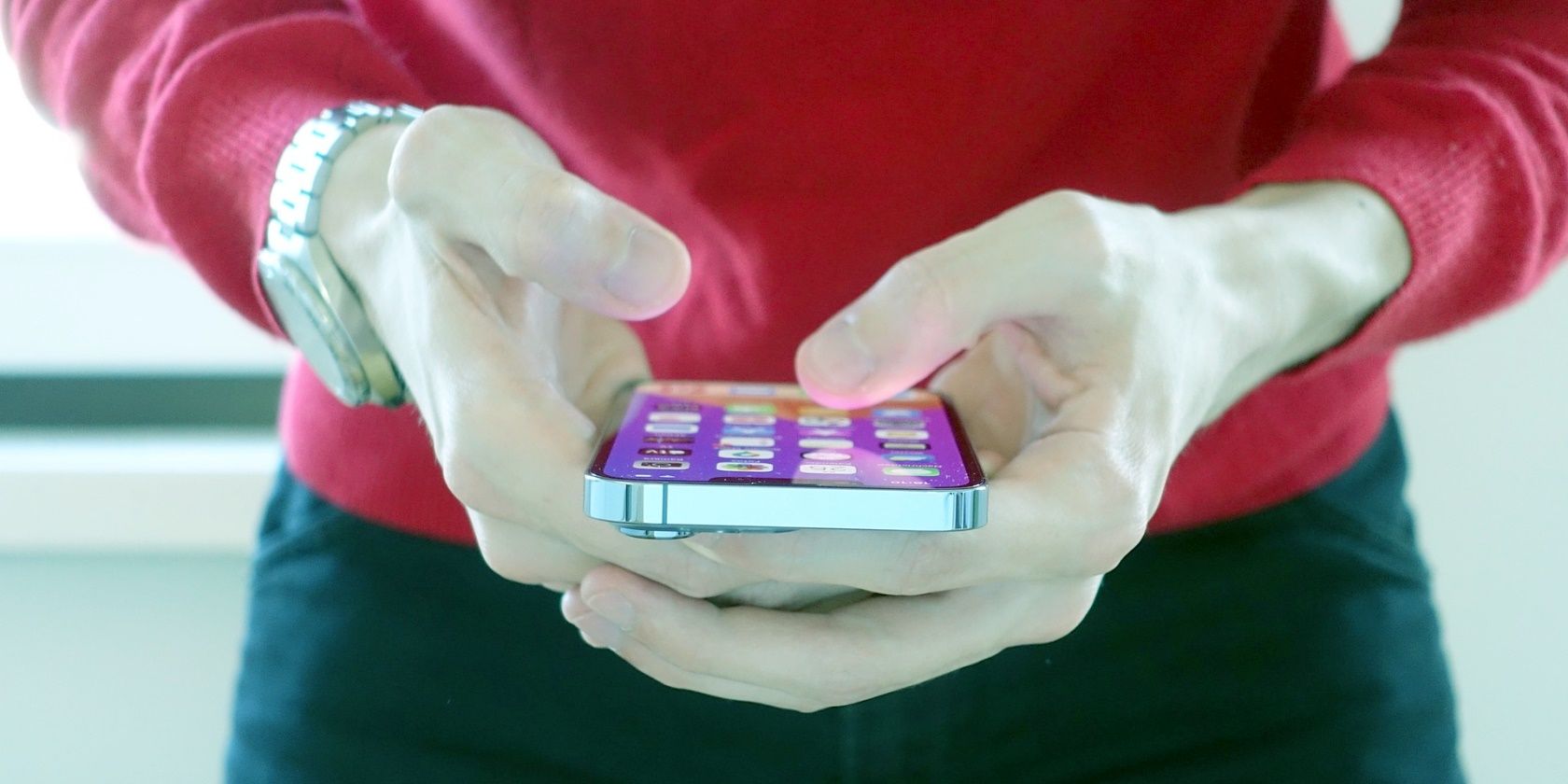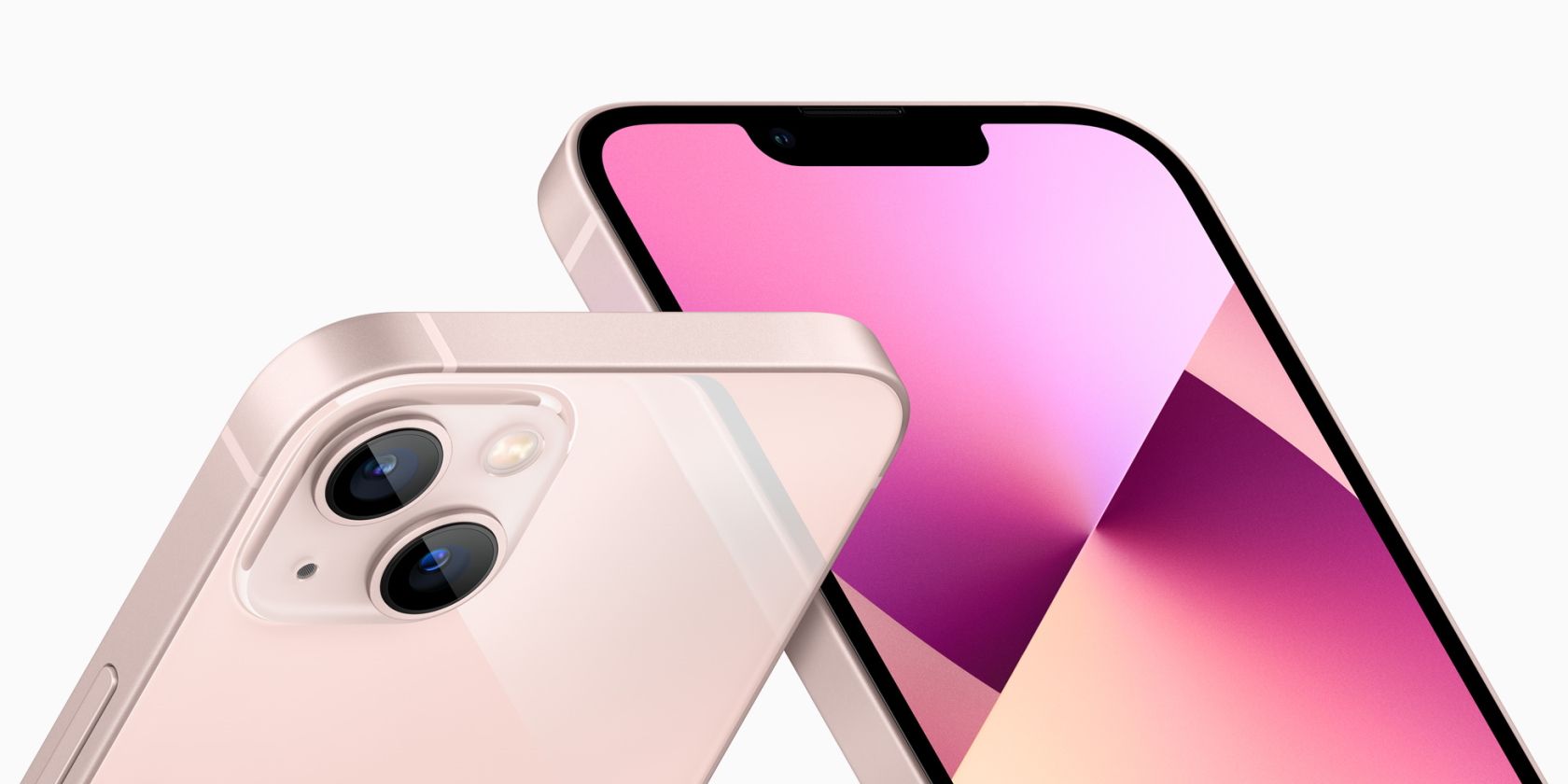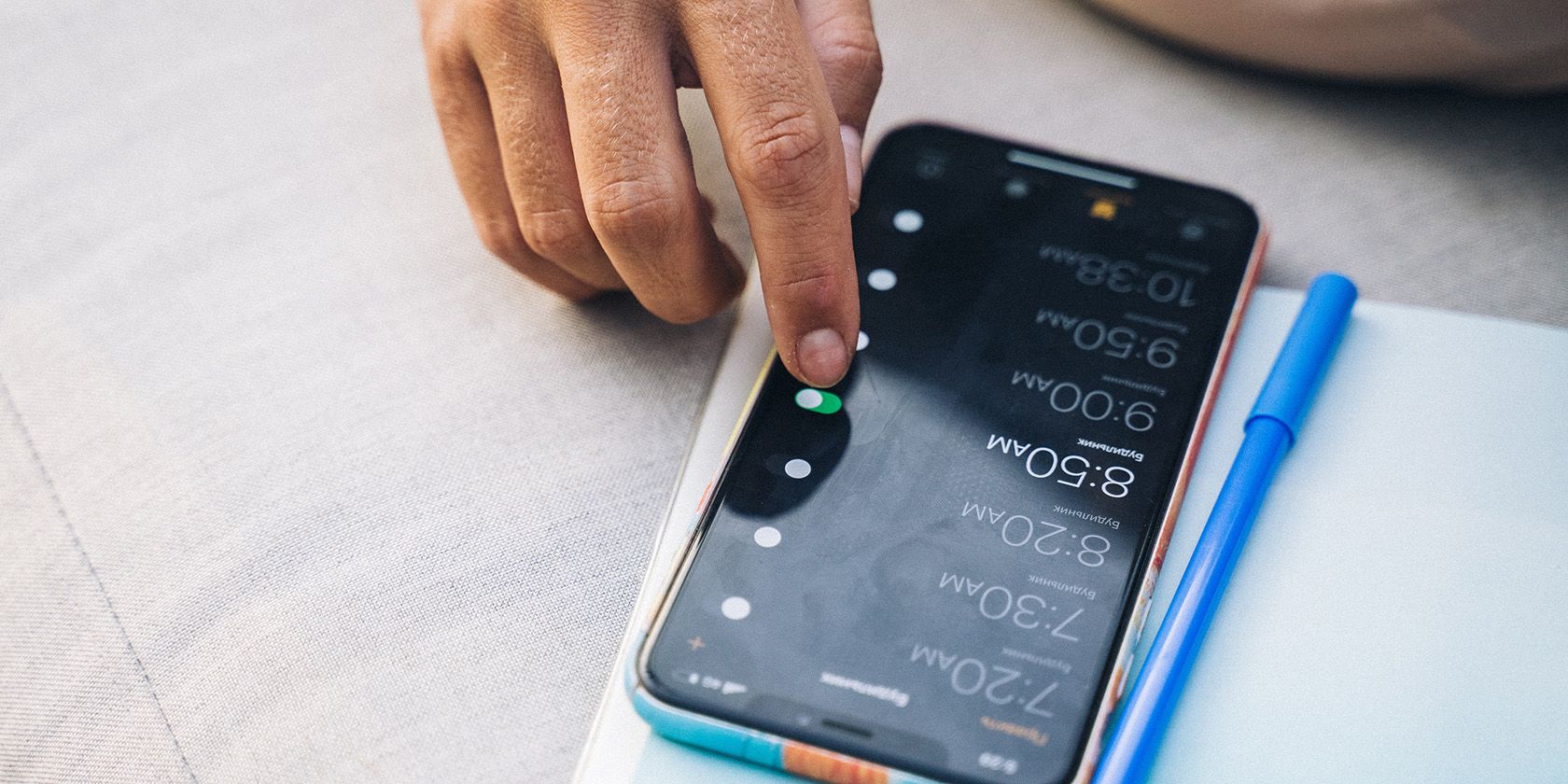If you're someone who uses an iPhone, you might have noticed how iPhones tend to be late to the party when it comes to introducing new smartphone features. In comparison, Android phones seem to get new features all the time—sometimes more often than you can keep up with them.
Why is that? Why are iPhones so slow to introduce to new features? And how do iPhones still manage to be the smartphone of choice for over a billion people? Well, there are four reasons.
1. Every Feature Needs to Integrate With the Apple Ecosystem
One of the biggest reasons why iPhones are slow to introduce to new features is that every new feature introduced to the iPhone is not limited to the iPhone itself. It has to find its place in the entire Apple ecosystem; it needs to work well on almost all Apple products, not just the iPhone.
Doing this requires rigorous testing to make sure there are no problems before the feature can be approved. It's not a matter of just saying, "Oh, this feature is pretty cool. Let's put it on the next iPhone." Every new feature needs to be tailored such that it works in complete synergy with other Apple devices and features.
Decisions made for a new iPhone are made months in advance, sometimes years. And while Android manufacturers seem to push out new features constantly, doing so is more difficult for iPhones because of their deeply integrated ecosystem and congruence with other Apple products and services.
2. Apple Prioritizes Ease of Use Over Customization
While Android has always been about giving users choice and the freedom to make their phones feel more personal, iPhones are more focused on standardization and offering what works best for most people.
The advantage here is the ease of use, tighter integration, better consistency, and improved security and privacy you get with Apple products. But all of those advantages come at the cost of losing the freedom to personalize your device or enjoy innovative new features on a regular basis.
In all of its products, whether it's an iPhone or a MacBook, Apple prioritizes seamlessness, ease of use, simplicity, and user-friendliness over customization and personalization. It's why iPhones are so easy to operate and don't have as much of a learning curve as some Android phones can have.
3. Apple Maintains Consistency Rather Than Following Trends
It's not news to anyone that Android phones come in all shapes and sizes, while iPhones usually remain more or less the same over the years. While Android fans may disagree, this is not necessarily Apple being lazy, but rather Apple being conscious of its consumer base.
Altering the design language too much year after year only hinders the brand image that an iPhone fan has of Apple. For instance, as hated as the notch is, even by some iPhone users themselves, it is still iconic nonetheless and easily identifiable from a distance.
Maintaining consistency of design, both for hardware and software, ensures that an iPhone user will keep upgrading to another iPhone. This helps them know what to expect from their purchase and not be subject to any unwanted surprises that Android devices may offer.
Although, with Chinese brands becoming more popular by the day for their premium yet affordable phones, there is certainly more pressure on Apple to justify the price of its iPhones.
4. Flawless Software Takes Priority Over Fun Features
If you've watched iPhone reviews and comparisons online, you might have noticed how iPhones seem to handle core functionalities really well compared to equally-priced Android phones, such as calling, voice recording, and video chat.
Because there are significantly fewer iPhones than Android phones, app developers like Instagram and Snapchat can better optimize their apps to run on an iPhone. In comparison, Android phones get a sloppy one-size-fits-all solution.
iPhones Evolve Slower Because Apple Is Selective
While Android phones are known for wild experiments and customization, iPhones tend to focus more on the overall experience of the device, not throw-away features that only make for good marketing material.

